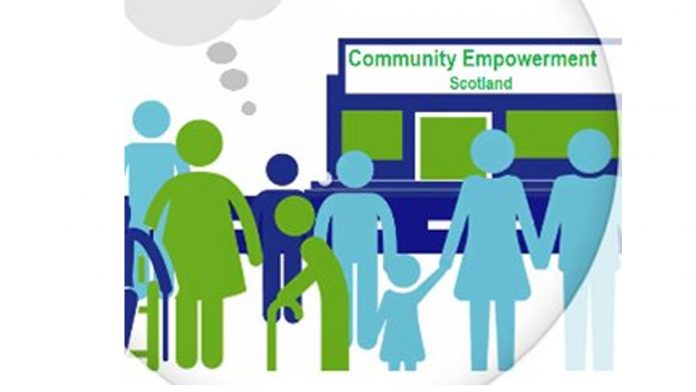Devcom-Pakistan Executive Director Munir Ahmed urged the government to develop a mechanism to engage all to work together even after the projects ended. The Chinese model of community development can be a role model for us where women empowerment is the focus
ISLAMABAD, FEB 7 (DNA) – Speaking at a webinar the participants urged the respective governments to develop a mechanism to ensure the use of collective wisdom and a joint platform to work together for social development. They said the mountain community leaders and political workers shall come together beyond their political, ethnic and regional divide to voice against the exploitation of natural resources, social and livelihood challenges. Being far away from the centres of decision-making, the mountain communities and the region in totality suffer from inadequate decision-making. The mountain development and conservation plans of the government shall include the voices and concerns of the communities and other stakeholders.
Ill-planned infrastructure development and environmentally unfriendly interventions in the name of tourism promotion and livelihood are becoming nature hazards. Climatic conditions are worsening and communities are on the verge of socioeconomic collapse despite. A fistful of experts, government aides and external elements are taking undue advantage of the mountain resources.
The webinar “working together to empower mountain communities” was organized by the Development Communications Network (Devcom-Pakistan) and DTN on Sunday.
Speaking on the occasion the nature conservation advisor at the Italian organization EvK2CNR Ashiq Ahmad Khan said unfortunately we don’t have the culture of working together though it is necessary for the sustainability of the development. Sometimes people have lesser abilities but they don’t invite the better skilled persons to work on community based initiatives. Even, they feel reluctant in empowering the communities. They believe that after empowering communities, perhaps, they would become irrelevant.
He said the respective federal and provincial governments should develop an inclusive platform with the support of the private sector to continue with the development initiatives even after the project is over. This is not possible if it is not envisaged in the project at the initial stage and the community is not embedded in it.
Well-known mountaineer Nazir Sabir said mountain areas lack basic amenities and social infrastructure which is the prerequisite for the empowerment of communities. We need to provide them facilities at their doorsteps. Women in the mountain region are disadvantaged in many ways. They lack health, education and equal rights as a person. In addition to the challenges of living in the mountains, like harsh climate and inadequate infrastructure they experience unequal treatment based on traditional gender relationships that deprives them from equal access to health, education, property and wellbeing. Focusing on women empowerment will ultimately improve the social and living conditions in the mountain parts of the country.
Devcom-Pakistan Executive Director Munir Ahmed we need to look into the factors that why several nongovernmental organizations and donor-driven government projects could not come up with the desired results of community empowerment. The vulnerability of communities is increasing due to climate impact, indiscriminate deforestation, over exploitation of natural resources and shrinking livelihood options.
Life is also under stress because of rapid social changes and local political conflicts and natural disasters. Male migration from mountains to urban towns for education and employment is causing a severe shortfall of human resources which is increasing more workload on women. He said Chinese model of community development can be a role model for us where women empowerment and engagement is the focus.
M. Iqbal, chairman Baltistan Association of Tour Operators (BATO) we have networks of travel and tourism organizations but they hardly join hands for collective promotions. Individualistic approach is against the collective good for the region and country but we are more interested in individual initiatives so have more vested benefits.=DNA
=================

















